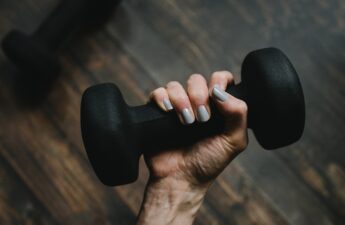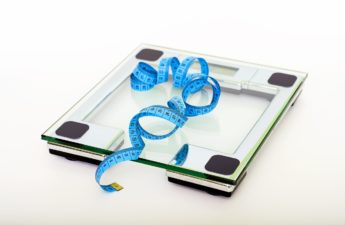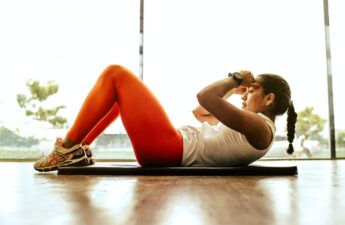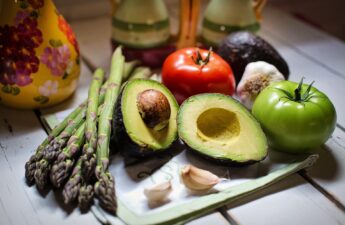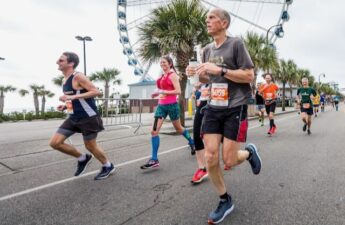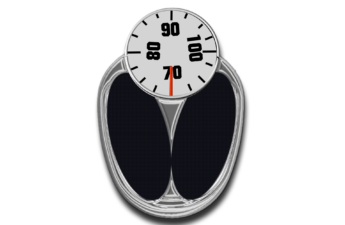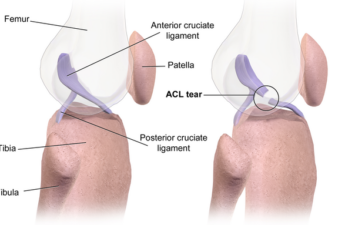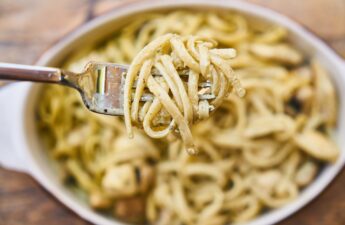Category: Fitness
Balance declines with age, but exercise can help stave off some of the risk of falling
A number of physical changes with aging often go unseen preceding falls, including muscle weakness, decreased balance and changes in vision.
Am I too old to build muscle?
What science says about sarcopenia and building strength later in life
Obesity in children is rising dramatically, and it comes with major – and sometimes lifelong – health consequences
Without intervention, many obese adolescents will remain obese as adults. Even before adulthood, some children will have serious health problems beginning in their preteen years.
Eating disorders are deadly: What are they, who’s at risk, and what can be done about it
Adolescence is also when eating disorders have the greatest negative effects on health. Five per cent of the general population in North America will suffer from an eating disorder in their lifetime, but few people seek treatment. The prevalence of eating disorders and struggles to access help highlight the need to increase awareness and decrease stigma.
Does exercise help you lose weight?
Exercise will help you lose weight and prevent you putting on weight again – it’s just that it won’t help you achieve your weight loss goals in isolation.
Being ‘Socially Frail’ Comes With Health Risks for Older Adults
Social frailty is a corollary to physical frailty, a set of vulnerabilities (including weakness, exhaustion, unintentional weight loss, slowness, and low physical activity) shown to increase the risk of falls, disability, hospitalization, poor surgical outcomes, admission to a nursing home, and earlier death in older adults.Essentially, people who are physically frail have less physiological strength and a reduced biological ability to bounce back from illness or injury.
Ozempic helps weight loss by making you feel full. But certain foods can do the same thing – without the side-effects
Dietary changes have much fewer risks in terms of side effects, but the responses will take more time and effort.
Is menopause making me put on weight? No, but it’s complicated
When it comes to menopause and weight, it’s weight redistribution – not weight gain – that is actually a symptom. Research has confirmed menopause is linked to an increase in belly fat but not an increase in overall weight.
Exercise is even more effective than counselling or medication for depression. But how much do you need?
We found the higher the intensity of exercise, the more beneficial it is. For example, walking at a brisk pace, instead of walking at usual pace. And exercising for six to 12 weeks has the greatest benefits, rather than shorter periods. Longer-term exercise is important for maintaining mental health improvements. When comparing the size of the benefits of exercise to other common treatments for mental health conditions from previous systematic reviews, our findings suggest exercise is around 1.5 times more effective than either medication or cognitive behaviour therapy.
Female football players are at much higher risk of career-ending ACL injuries – the science on why
Females have a wider pelvis relative to leg length, which results in increased angulation at the knee. The shape of the bones is also different in women in that the ACL passes through a narrower space to attach to the thigh bone, which may make it more susceptible to injury. The actual size of the ACL is also often smaller in females, so may be less able to withstand high forces.
What’s the ‘weight set point’, and why does it make it so hard to keep weight off?
There’s a scientific reason many people return to their previous weight after dieting, and understanding the science – known as the weight set point theory – is key to achieving long-term weight loss.
Stop hating on pasta – it actually has a healthy ratio of carbs, protein and fat
It can be healthy to eat up to 1.2 to 6.5 times more carbohydrates in a day than protein. The ratio of carbs to protein in pasta is 38g to 7.7g. That’s roughly a 5:1 ratio, well within the acceptable range.
Sitting all day is terrible for your health – now, a new study finds a relatively easy way to counteract it
To reduce the harmful health effects of sitting, take a five-minute light walk every half-hour. We found that a five-minute light walk every half-hour was the only strategy that reduced blood sugar levels substantially compared with sitting all day. In particular, five-minute walks every half-hour reduced the blood sugar spike after eating by almost 60%. That strategy reduced blood pressure by four to five points compared with sitting all day. But shorter and less frequent walks improved blood pressure too. Even just a one-minute light walk every hour reduced blood pressure by five points.
Spot reduction: why exercise probably can’t help you target fatty areas of the body
The mechanics of weight loss are quite straightforward and are rooted in the laws of thermodynamics. Basically this means that in order to lose weight, you must expend more calories than you consume. But where you actually lose this weight isn’t quite so straightforward. This is because where our bodies store fat is governed by our hormones.

